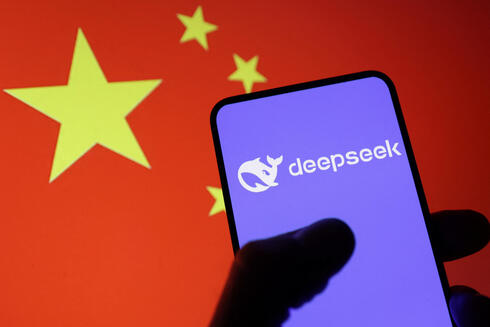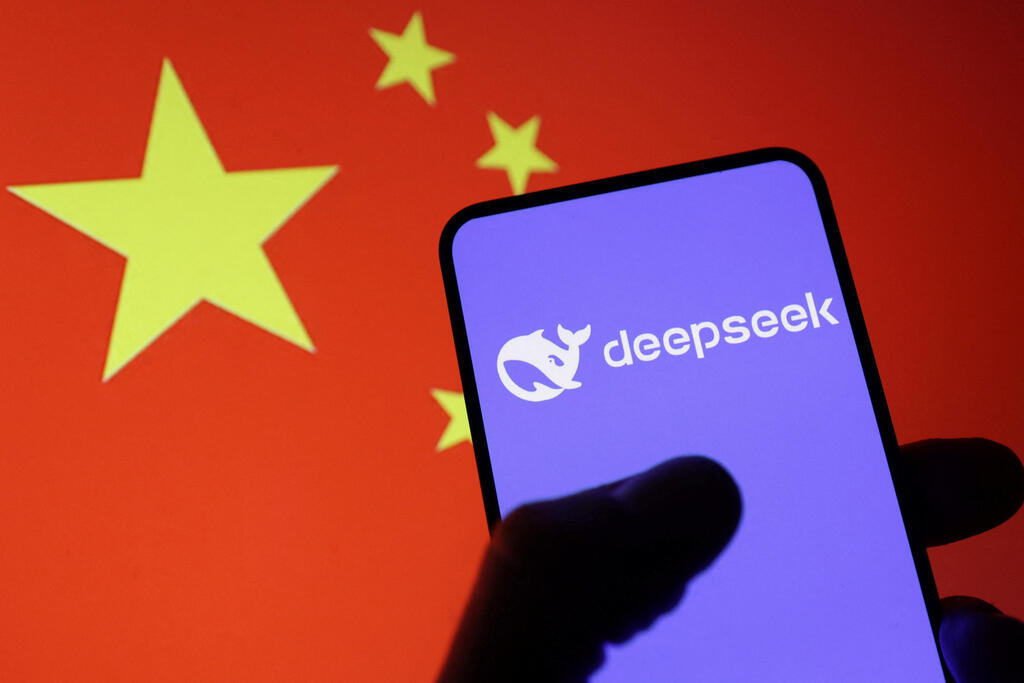
“A profound threat”: Congress links China’s DeepSeek to espionage, AI theft, and surveillance infrastructure
The bipartisan committee claims DeepSeek’s rise was powered by illegal chip acquisitions and stolen model architecture.
Chinese AI company DeepSeek poses a “profound threat” to U.S. national security due to its deep ties to the Chinese government, according to a report released last week by the House of Representatives’ Select Committee on China. The report, which received bipartisan support, follows DeepSeek’s surprising debut in January, when the company unveiled a generative AI model with capabilities comparable to those of leading American firms—despite being developed at a fraction of the cost and computational resources.
The report warns that DeepSeek operates within a government-aligned ecosystem, with direct connections to Chinese state institutions and infrastructure. The company was founded by Liang Wenfeng and is controlled alongside hedge fund High-Flyer Quant. It is also closely tied to hardware platforms linked to the government and to Zhejiang Lab, a state-affiliated research institute.
“Although it presents itself as just another AI chatbot, offering users a way to generate text and answer questions, closer inspection reveals that the app siphons data back to the People’s Republic of China (PRC), creates security vulnerabilities for its users, and relies on a model that covertly censors and manipulates information pursuant to Chinese law. E,” the report states.
According to the committee’s findings, DeepSeek collects extensive data on users and routes that information through China Mobile, a state-controlled telecommunications provider whose operations in the U.S. were banned in 2019 due to national security concerns.
The report also alleges that DeepSeek utilizes “tens of thousands of chips” from American companies, most notably Nvidia, possibly acquired in violation of U.S. export restrictions. DeepSeek reportedly possesses at least 60,000 Nvidia processors and has ordered thousands more. The committee has requested that Nvidia disclose, by the end of the month, all customers across 11 Asian countries that have purchased at least 499 AI chips since 2020.
Citing testimony from OpenAI, the report further claims that DeepSeek used illicit training techniques—including reinforcement learning from American models—to accelerate development. "DeepSeek employees circumvented guardrails in OpenAI’s models to extract reasoning outputs, which can be used in a technique known as ‘distillation’ to accelerate the development of advanced model reasoning capabilities at a lower cost,” the report read. “Observations of DeepSeek’s R1 model also indicate instances of reasoning structures and phrase patterns that align with the behavior of OpenAI’s models.”














